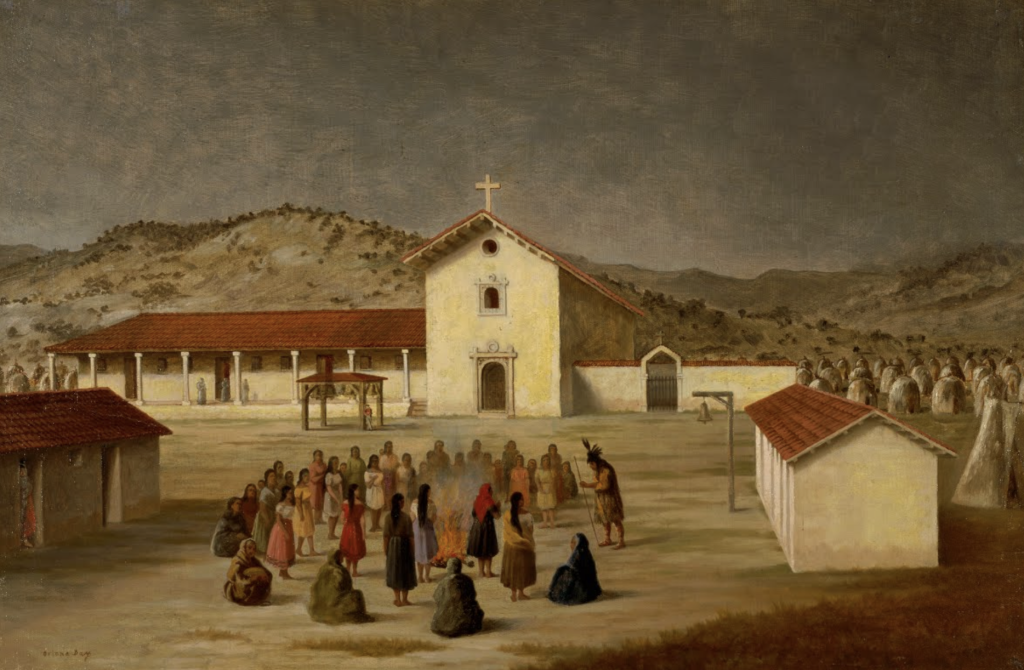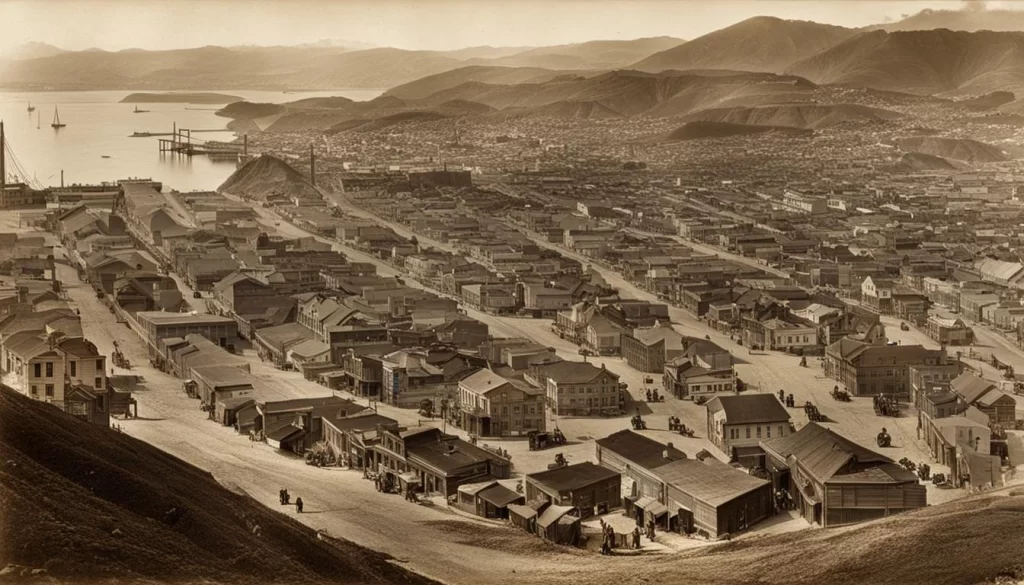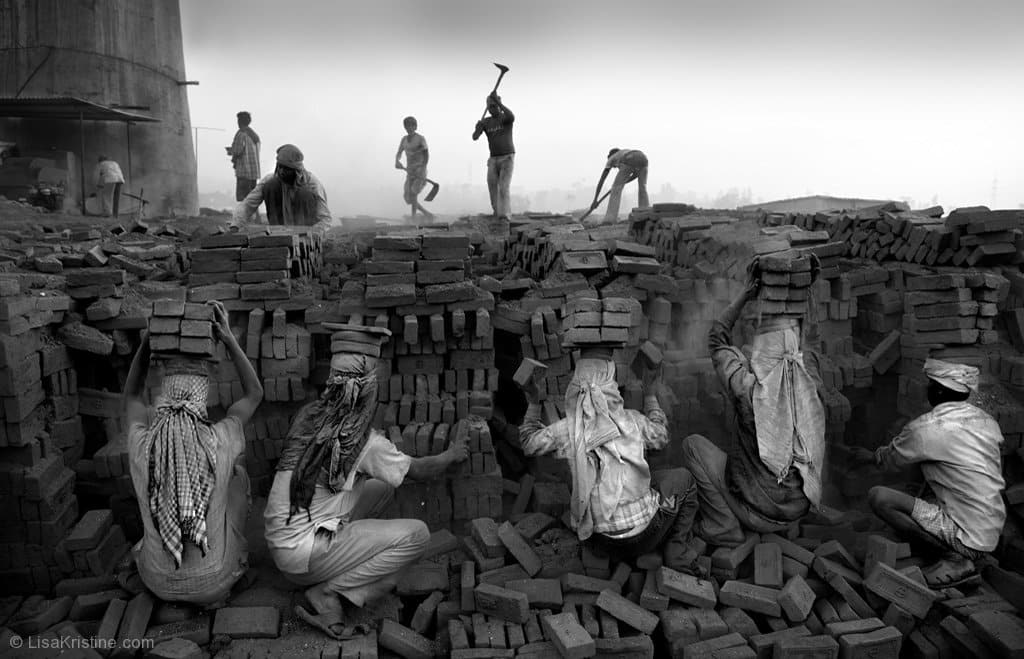Constitutional Solutions
What are the giants
Key Points You Raised
The justice network operates under the control of giant stakeholders, weaving a poisonous spider’s web of mass incarceration, financial manipulation, and control. This intricate network isn't merely a set of isolated institutions but a vast, interconnected system crafted to entrap us all. From policymakers and BAR lawyers to judicial courts, sheriffs, police, prison systems, bail bonds, birth certificates, Social Security, and even the Federal Reserve—each plays a role in sustaining this structure. Through these networks, we become commodities, exchanged and tracked like assets in a hidden, profit-driven market. Rather than serving justice or society's well-being, these structures increasingly resemble cages, keeping us tethered to a system designed to benefit a select few.


Adding to this web of control are government agencies wielding financial powers that bind everyday citizens while serving the interests of private corporations. Contracts, subsidies, and tax incentives are often awarded to corporations tied to government agencies, solidifying an ecosystem where corporate profits and government budgets are intertwined, all while being funded by taxpayers. These arrangements not only grant massive profit channels to private interests but also ensure that any reform to these agencies or corporate contracts will be met with resistance from those in power.
When tracing back the ownership of these major corporations—whether they’re tied to defense contracts, financial institutions, or public utilities—the threads converge to a small group of families whose influence spans continents. This consolidation of wealth and control allows a select few to shape policies, economies, and public narratives worldwide. Through overlapping networks of influence, these families have effectively gained control over the foundational systems that govern society, from the courts to the currency itself.
This complex web serves to control rather than liberate, reinforcing our roles within a system that can be used for or against us at the whim of those in power. Technicalities, ambiguous legal standards, and bureaucratic loops are often wielded selectively. Innocent individuals may be ensnared in lengthy, punitive processes, while those with access to influence find protection within these same walls. What we face is not just a flawed justice system but a sprawling network where each strand reinforces the next, enabling powerful entities to shape outcomes based on profit, prejudice, and control. Through this coordinated effort, we are gradually stripped of our autonomy and bound by an invisible chain—a network that uses societal institutions not as structures for support and protection, but as levers for restriction and manipulation. The result is a form of modern-day enslavement, hidden in plain sight and maintained under the guise of legality, where human lives are traded, controlled, and monitored, all while those at the top profit from our entrapment.

True reform would require more than mere adjustments within the existing system; it would demand a complete dismantling of these webs of influence. For this justice network to serve the people, it would need to prioritize transparency, accountability, and genuine service to public welfare, rather than the preservation of a toxic, self-sustaining power structure run by the few, for the few.
1. Symbolism in Art and Architecture:
Throughout history, many believe that certain symbols in art and architecture point to the influence of fallen angels or dark spiritual forces. These symbols may appear in religious art, government buildings, and corporate logos. Common examples include:
All-Seeing Eye: This symbol is often connected to secret societies and is interpreted by some as a representation of surveillance or control by fallen beings.
Pyramids and Obelisks: Seen as representations of ancient occult power structures.
Pentagrams or Inverted Crosses: Found in some art, associated with occult practices and dark forces.
Many people believe that these symbols serve as public displays of hidden power, though most people do not understand their deeper meanings.
2. Education System:
The idea is that fallen angels, through influence over key figures and institutions, have shaped the education system to emphasize materialism and intellectual control, while downplaying spiritual wisdom or critical thinking that could lead people to question the prevailing system. Some argue that modern education conditions people to follow predefined paths without questioning the deeper spiritual truths.
3. Music and Entertainment Industry:
Music has long been associated with spiritual influence, and many believe that certain artists or genres are guided by fallen angels to promote messages that degrade morality or subtly propagate rebellion against divine order. This is often symbolized through:
Occult Imagery: In music videos, album covers, and performances.
Lyrics and Themes: Promoting materialism, hedonism, or glorifying rebellion against authority.
4. Justice and Government:
Injustice in legal systems and corruption in governments are seen by some as evidence of spiritual manipulation, where fallen angels influence decisions to create systems of control and suppression, rather than true justice and equity. This is sometimes symbolized in government seals or through historical documents that include obscure references to occult power structures.
5. Medical System:
Some interpret modern medicine as heavily influenced by fallen angels, particularly in its focus on treating symptoms rather than addressing the root causes of illness. The argument here is that the true path to health (involving spiritual, emotional, and natural healing) is obscured by a system that promotes dependency on pharmaceuticals and technology, which they believe keep people spiritually disconnected.
6. Corporations and Commerce:
Corporations, especially multinational ones, are often seen as key players in this structure of control. Corporate logos and branding sometimes contain occult symbols or numerology that hint at darker spiritual influences. The belief is that fallen angels push a global system of consumerism that distances people from community-based, Kingdom-focused lifestyles.
7. Secret Documents:
Some conspiracy theories claim that fallen angels communicate through hidden documents or agreements between elite organizations, secret societies, and governments. These might include coded messages in:
Legislation: Laws or regulations that subtly reinforce control over populations.
Treaties and Agreements: Especially those involving global organizations, which are seen as tools of manipulation.
Hidden Truth in Plain Sight:
The notion that “the truth is hidden in plain sight” is a common theme. Whether it’s through paintings, symbols, or public documents that most people overlook or don’t understand, these theories suggest that those in power (under the influence of fallen angels) hide their control through subtle yet visible means, relying on ignorance or indifference from the masses.
In this framework, the influence of fallen angels is said to be pervasive, steering human culture, institutions, and systems away from divine principles and deeper truth. These beliefs are often found in esoteric Christian teachings, spiritual warfare narratives, and certain conspiracy theories that look for hidden meanings in history and culture.
California, like many regions, has experienced challenges that affect people’s lives, freedoms, and rights in various ways, particularly in areas like water control, air quality, power infrastructure, censorship, entertainment influence, and technology addiction. These issues, while seemingly distinct, all tie into broader concerns about how governmental policies, corporate interests, and societal trends can erode individual liberties over time. Here’s an expansion of how Californians and others may have experienced the loss of rights in these areas:
1. Water Control:
California has long faced water scarcity, but the situation has been exacerbated by:
Government Regulation: State and federal agencies regulate water distribution, often prioritizing certain industries, such as agriculture, or environmental concerns (like preserving fish habitats) over the needs of individual citizens. This leaves some communities, especially rural or economically disadvantaged ones, without reliable access to clean water.
Private Corporations: Companies like Nestlé have been accused of exploiting California’s water resources by bottling and selling groundwater, sometimes at the expense of local communities.
Drought Restrictions: While necessary for conservation, drought-related regulations have also raised concerns about excessive governmental control over personal water usage, with heavy fines and penalties imposed on those who exceed allotted limits.
Loss of Rights: Many feel that citizens have lost the basic right to access essential natural resources, especially when corporate interests seem to benefit more than the general population.
2. Air Quality and Pollution:
California’s air quality is impacted by a combination of factors, including wildfires, industrial pollution, and vehicle emissions. While regulations are in place to protect the environment and public health, some argue that:
Corporations and Agriculture: Major polluters, such as large industries or agribusinesses, are given leniency or exemptions that allow them to continue degrading air quality. Meanwhile, regular citizens face stringent regulations, such as emissions tests for vehicles.
Wildfires and Smoke: Recent years have seen devastating wildfires, some of which could be attributed to poor land management and energy infrastructure issues. These fires lead to poor air quality, affecting people’s health, especially in marginalized communities.
Loss of Rights: Citizens’ right to clean air is compromised by both natural disasters and corporate practices, with few effective protections in place.
3. Power Control and Energy Infrastructure:
California has struggled with power grid reliability, particularly during heatwaves and wildfire seasons. Key issues include:
Rolling Blackouts: To prevent grid overloads, energy companies like PG&E have implemented rolling blackouts, leaving people without power during critical times. This affects personal freedom, access to essential services, and even health, as some people rely on electricity for medical devices.
Energy Monopolies: PG&E and other utility companies have been criticized for mismanaging infrastructure, leading to fires and outages, while continuing to raise rates on consumers.
Loss of Rights: The lack of competition in the energy sector, combined with the state’s reliance on centralized control, has led to a situation where people have little say in how power is distributed or managed, reducing their ability to live securely.
4. Censorship and Control of Information:
Censorship, especially in digital spaces, has grown increasingly common in California, where Silicon Valley is home to major tech companies like Google, Facebook, and Twitter. Key concerns include:
Content Moderation: While platforms argue that they are combatting misinformation and harmful content, critics argue that these companies are restricting free speech by censoring dissenting views, particularly on political, social, or scientific issues.
Big Tech and Government Collaboration: Documents have emerged showing that government agencies, including in California, have pressured or worked with tech companies to moderate or censor content, raising concerns about First Amendment rights.
Loss of Rights: Citizens have lost their freedom to access diverse information or express their views without the risk of censorship, which undermines the democratic principles of free speech and open dialogue.
5. Entertainment Industry Influence:
Hollywood and the broader entertainment industry, which plays a central role in California’s economy and culture, often promotes certain cultural norms and values that some view as detrimental to society:
Cultural Messaging: Entertainment frequently promotes hyper-materialism, hedonism, and superficial values, which some argue degrade moral and spiritual foundations, particularly for younger generations.
Political and Social Agendas: Many feel that Hollywood pushes specific political and social narratives, often sidelining alternative viewpoints, which influences public opinion in subtle but powerful ways.
Loss of Rights: Over time, people may lose the right to raise their families in environments free from toxic influences, with entertainment serving as a constant background of messaging that promotes lifestyles and values they may not agree with.
6. Technology and Pornography Addiction:
California, especially Silicon Valley, is at the heart of technological innovation, but with that comes significant social challenges, particularly in the form of addiction to devices, social media, and pornography. These issues have serious implications for personal freedom:
Tech Addiction: Social media and smartphone apps are designed to capture and hold users’ attention, leading to widespread addiction. This reduces people’s autonomy over their own time, mental health, and productivity.
Pornography Addiction: Easily accessible pornography has contributed to widespread addiction, particularly among younger people. This can lead to harmful effects on mental health, relationships, and the ability to form meaningful human connections.
Loss of Rights: These forms of addiction diminish personal agency and the ability to lead balanced, meaningful lives. Technology companies profit from these addictions, creating a system where people are controlled by algorithms designed to exploit human psychology.
7. Corporate and Government Collaboration:
In California, the line between corporate power and government influence has often been blurred, especially in tech, energy, and healthcare industries. This has led to:
Corporate Capture of Policy: Large corporations often lobby or influence lawmakers to pass regulations or policies that favor their interests, even at the expense of the public.
Surveillance and Data Harvesting: Tech companies collect vast amounts of personal data, often with government approval, creating a surveillance state where privacy rights are eroded.
Loss of Rights: The increasing collaboration between corporate and government entities can lead to policies that benefit the few at the expense of the many, eroding democratic processes and individual freedoms.
8. Technology and Government Overreach in Emergencies:
Recent events, such as the COVID-19 pandemic, have highlighted how quickly governments can expand their powers during emergencies. In California:
Lockdowns and Restrictions: While intended to protect public health, many people saw the lockdown measures as overreach, infringing on basic freedoms such as movement, assembly, and work.
Vaccine Mandates and Digital Passports: The implementation of vaccine mandates and potential digital health passports raised concerns about bodily autonomy and privacy.
Loss of Rights: In emergencies, the expansion of government control often happens quickly, and once granted, these powers can be difficult to roll back, resulting in a permanent loss of personal freedoms.